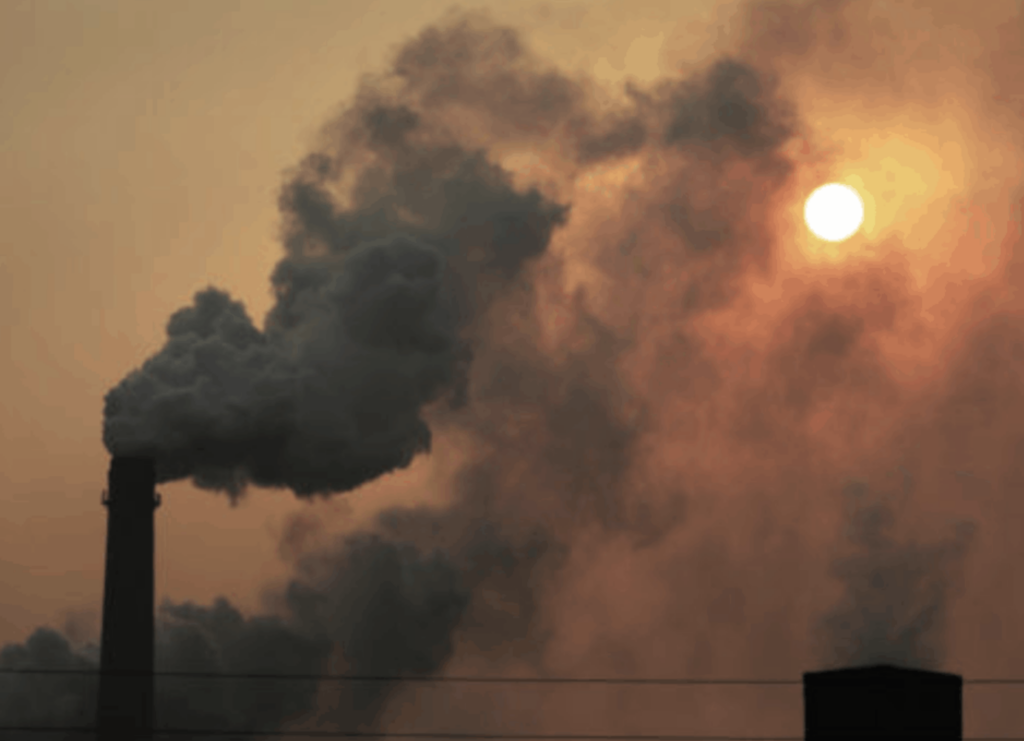Monday, September 30th, 2024. The day the UK’s last coal-fired power station, the Ratcliffe-on-Soar plant in Nottinghamshire, closes after 57 years of operation, ending 142 years of coal-fired electricity in the UK, which becomes the first G7 nation to exit coal-fired power. It’s an end of an era, but for good reason. Coal is a fossil fuel that has contributed significantly to global warming.
Coal-fired power stations in the UK started in 1882, when the world’s first coal-fired power station, the Holborn Viaduct power station, began to generate electricity. Coal in the early 1980s made up around 80% of the UK’s electricity power, dropping to around 40% by 2012 before easing off significantly during the last decade.

Why is coal production ending?
Coal is a fossil fuel that has been generating electricity in the UK since the Industrial Revolution. Sadly, the burning of fossil fuels has been instrumental in global warming. When coal is burnt, it releases gases such as CO2 (Carbon Dioxide).
These gases are trapped in our atmosphere, causing the planet to warm up, and it’s warming up fast, too fast…
The UK has pledged to reduce it’s greenhouse gas emissions to zero by 2050.
The problem with coal
Carbon dioxide absorbs and re-emits infrared radiation and so essentially makes the planet warmer. As we know a warmer planet is causing a host of problems from flooding, to forest fires and much more.
Coal is a complex mix of various chemicals; it doesn’t burn as cleanly as natural gas, and not all the carbon gets converted into carbon dioxide and water either. A lot of smoke from coal contains half-burnt particles of carbon, sulfur oxide, nitrogen oxides, and lots of other organic molecules which are formed in the process of burning. All these have dire implications for us and our environment, leading to global warming – the main problem with coal.
Many climate scientists now expect global temperatures to increase to 2.5c as a minimum, above pre-industrialised levels before the end of the century. Even more concerning, almost 50% expect at least a 3C increase above pre-industrialised levels. Sadly, only 6% agreed that the 1.5c limit would be met.
Happies memories
While coal may evoke many happy memories of times gone by, renewable energy paves the way for future energy demands and helps limit the devastating effects of climate change.








